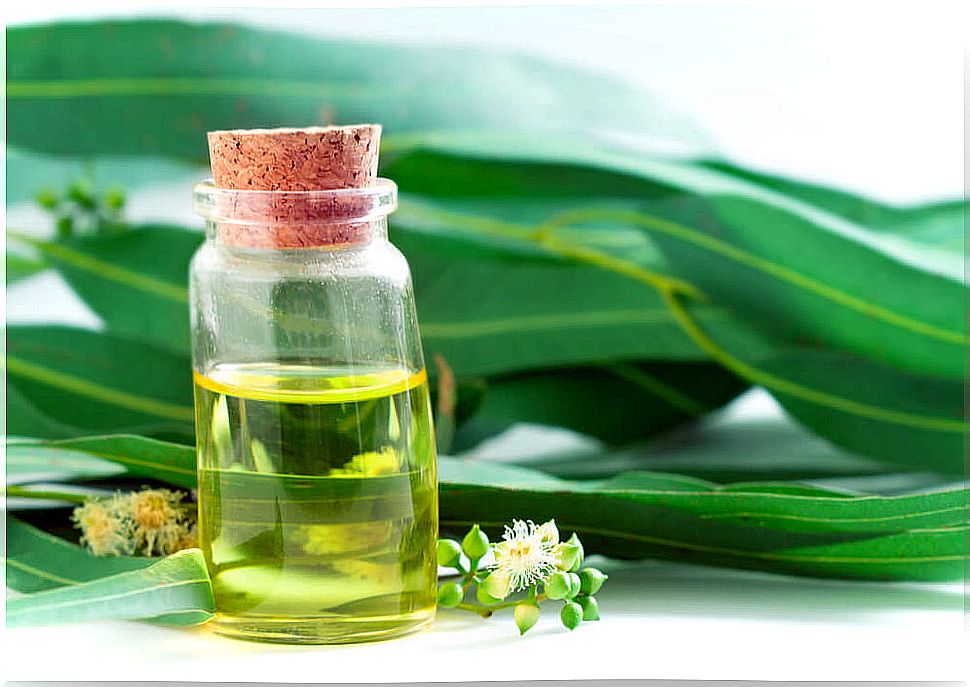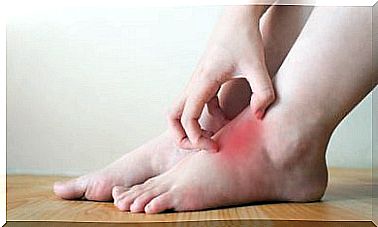3 Homemade Repellants To Protect The Skin From Mosquito Bites
Mosquito bites are common when we expose the skin outdoors without proper protection. Although they are not serious, they are quite annoying. Find out how to prevent them.

To protect the skin from mosquito bites, it is not strictly necessary to use a repellent based on chemical compounds. Although this variety of products is common in the market, there are alternatives of natural origin with similar properties.
People are prone to these bites due to a combination of factors such as smell, light, heat, and humidity. While most cause only mild skin discomfort, they are sometimes the route of disease transmission in some regions. Find out how to avoid it.
Homemade repellants to protect the skin from mosquito bites
There are some homemade repellants that can help protect your skin from mosquito bites without resorting to chemical formulas. Many are even opting for these types of solutions, since they do not pollute the environment and do not usually produce side effects.
The most interesting thing is that they are easy to prepare and their ingredients can be easily purchased in the market. They are also cheaper and are usually suitable for all skin types. Still not trying them? Discover below 3 ways to prepare them.
1. Eucalyptus and lemon oil repellent

This oil is one of the most popular products for protecting the skin from mosquito bites. In fact, it is recommended by entities such as the Center for Disease Control and Prevention (CDC) as an alternative solution to conventional repellants.
Recent research found that a formula with 32% eucalyptus and lemon oil can provide up to 95% protection against mosquitoes for three hours. However, more studies are required to support these effects.
How to prepare it? Although it is available in many commercial products, it can be prepared at home with 100% natural ingredients. However, it is not recommended for use in children under three years of age.
Ingredients
- 1 teaspoon of eucalyptus and lemon oil (5 ml)
- 10 tablespoons of sunflower oil (100 ml)
Preparation
- First, pour the eucalyptus and lemon oil into a bowl.
- Then, combine it with the sunflower oil until you get a homogeneous product.
How to use
- Rub the product over the exposed areas and leave it to act without rinsing.
- Use it whenever you do outdoor activities.
2. Lavender repellent
The fragrance of lavender is annoying to mosquitoes and other insects. For this reason, for decades, it has been used as an alternative solution to prevent bites. Even a study in mice found that lavender essential oil is effective to repel adult mosquitoes.
Although more research is required to verify its effect in humans, many people often use it for this purpose. Among other things, lavender has analgesic and antiseptic effects that help soothe and soothe the skin when the sting occurs.
Ingredients
- 5 tablespoons of crushed lavender flowers (100 g)
- 10 tablespoons of extra virgin olive or almond oil (100 ml)
Preparation
- First, crush the lavender flowers and put them in a jar.
- Then cover them with the oil and let them marinate.
How to use
- When the oil is ready, rub it into sting-sensitive areas like the arms and ankles.
3. Cinnamon repellent

The essential oil of cinnamon has interesting applications. Not only is it a favorite for aromatherapy sessions, it serves as the basis for many remedies. In this case, we propose its use as a repellent to protect the skin from mosquito bites.
Ingredients
- 1/2 teaspoon of cinnamon essential oil (3 ml)
- 1/4 cup of water (62.5 ml)
Preparation
- Put the ingredients in a bowl and mix well.
How to use
- Spray the repellent on clothing or exposed areas of skin.
- You can also apply it around the house, upholstery or plants.
Caution: Avoid using undiluted cinnamon oil, as a concentrated dose can cause unwanted skin reactions.
In conclusion…
Remember to reinforce the protection against mosquitoes by wearing clothing that covers your skin as much as possible, especially during field trips, outdoor work, trips to tropical areas, etc. If you are stung, avoid scratching to avoid complications. In case of signs of infection or severe allergy, consult your doctor.









